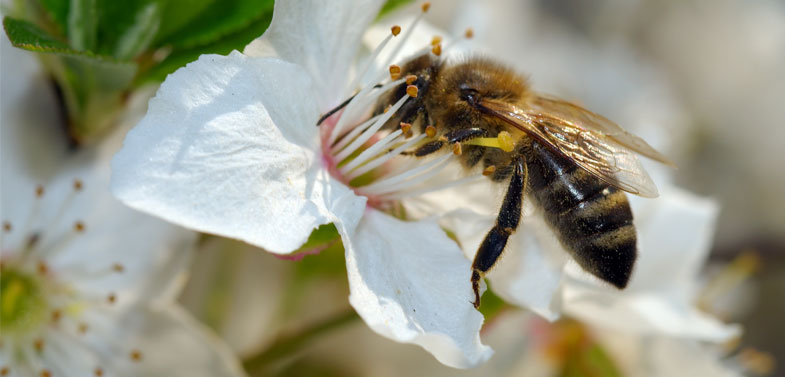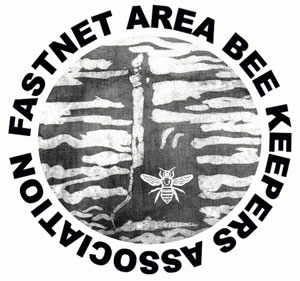Well, obviously, keeping bees! You may have been motivated by one or more sources in order to take that first step into beekeeping for and by yourself, and to pursue beekeeping as a hobby in the first place and get to learn the techniques of the craft as you go.
We are all aware of the dire situation for bees in general, being wiped out across the world because of various factors which coined the title ‘Complete Colony Collapse’ being used by numerous experts and commentators in all media types over the last 30 years particularly.
The beekeeping world and others have rallied to keep and protect our pollinators in a meaningful way with the help of research and further education into the needs of these ingenious insects in order to keep them thriving long after we are gone. Positive results are being shown around the world since the principle causes of pollinator mortality have been identified and steps taken leading to protection.

Teagasc have a wonderful little booklet on their website about honey production that is well worth downloading because it meanders its way from start to finish of a typical beekeeping season, and the more you read the more you understand the need for hygienic and beneficial beekeeping
Beekeeping, particularly honeybee keeping, has benefited enormously from the interventions and sharing of science work done in long periods of research to date, so much so that we the ordinary folk know we can greatly assist the bees by looking after them in a knowledgable way and getting the fantastic enjoyment and satisfaction of harvesting those little pots of ‘gold’ towards the end of the bees harvesting season around August.
Beekeeping has to be regarded as a hobby initially so you can find out if your perception matches your commitment over time. Beekeeping requires discipline if your management of your bees is going to be successful as well as enjoyable, because as you will learn and appreciate you are their best chance of survival in this domesticated setting (often your back garden).
You are looking after livestock, so you learn to understand when they are happy or sad and do your best to get them ‘singing’ again — not unlike looking after other animals and pets you may have. They need caring, gentle attention where you will be looking out for their welfare in order to keep them strong and healthy.
The best advice is to learn about keeping bees before you have the responsibility of them with some basic education from the outset. Learn through a beginners’ course held in your area that is approved by FIBKA, because once you are a FIBKA member you will have a wealth of information at your disposal specific to beekeeping in Ireland (very important). Be careful of videos on YouTube some of them are scary in their ways of doing things. It’s good to nose around the different websites, but don’t mimic because you have no idea at the beginning if the information is relevant or accurate for your location.
Books and lecture notes are a good source of reliable information because you can mark your page and come back to refresh your understanding time and again. Sometimes it takes a while to actually get it into the ‘wooden head’ and understand things until you have started hands-on experience and then the ‘light goes on’ and it all falls into place.
Beekeeping will not be for everyone that participates in a beginners’ course, but better to find out having tried than to get bees and not be able to look after them. In this scenario, all is not lost because you could privately buddy up with a local beekeeper and join in on inspection days or harvesting time, etc. So never give up on your original idea of helping the bees via a different route, because every little helps and there are personal rewards to be enjoyed as well.
Beekeeping is about caring for bees in a competent manner that enables you and the bees to flourish together.
Next: Getting Started
